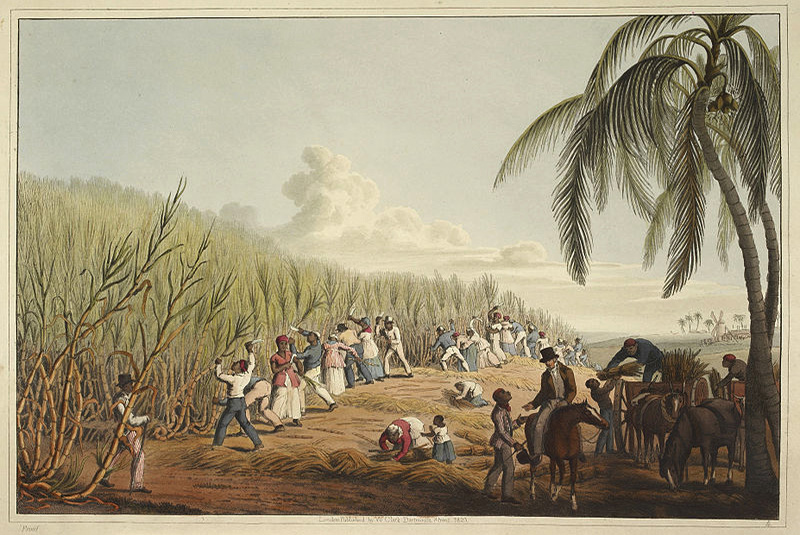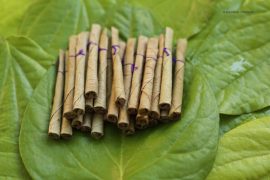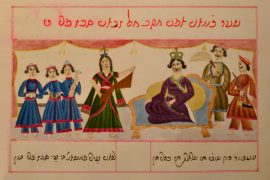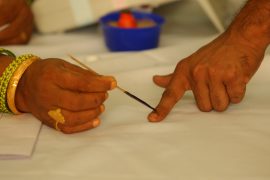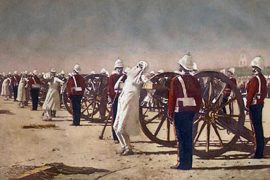“No society rejects sweetness as unpleasant,” wrote the anthropologist Sidney Mintz in his book “Sweetness and Power.” Tracing the history of production and consumption of sugar, he tells how a commodity that enabled super-normal profits (the so-called ‘white gold’), facilitated and sustained a system of slavery.
For four centuries, between 1400 and 1800, sugar production fostered an ecosystem of sugar brokers and planters, settlers and cultivators, masters and slaves. The Portuguese colonisation of Brazil between 1500 and 1815 brought about an endless supply of sugar to European markets. It was so lucrative that the European colonisers carefully selected prospective colonies by soil and climate conducive for sugarcane cultivation.
The English struck gold when they colonised the Caribbean in 1627 with settlements in Barbados, then an uninhabited island. The first ships arrived under Captain Henry Powell who brought along fellow Englishmen and African slaves. In a few decades, the lands were ploughed and cultivated through arduous slave labour. The Barbadian colonialist Thomas Tryon wrote in 1700 of the manufacturing process and the workers:
the Climate is so hot, and the labor so constant, that the [Black] Servants night and day standing great Boyling Houses, where there are Six Seven large Coppers or Furnaces kept perpetually boyling; and from which with heavy Ladles and Scummers, the Skim off the excrementatious parts of the Canes, till it comes to its perfection and cleanness, while others as Stoakers, Broil, as it were alive, in managing the Fires; and one part is constantly at the Mill, to supply it with Canes, night and day, during the whole Season of making Sugar, which is about six Months of the year
Copyright©Madras Courier, All Rights Reserved. You may share using our article tools. Please don't cut articles from madrascourier.com and redistribute by email, post to the web, mobile phone or social media.Please send in your feed back and comments to editor@madrascourier.com

